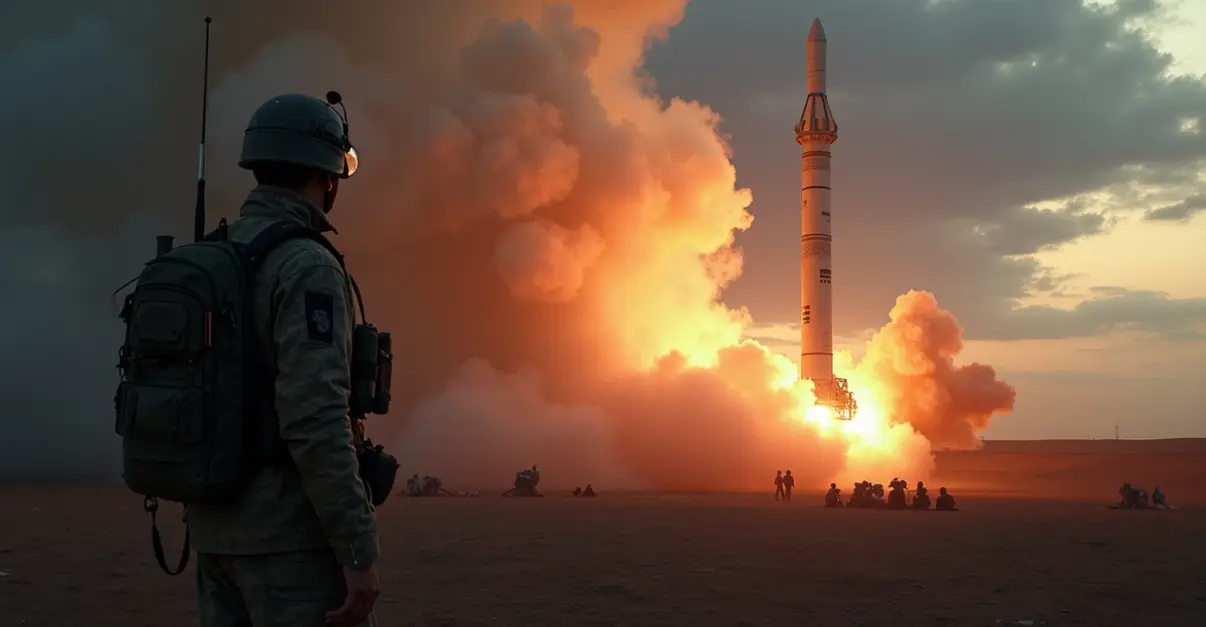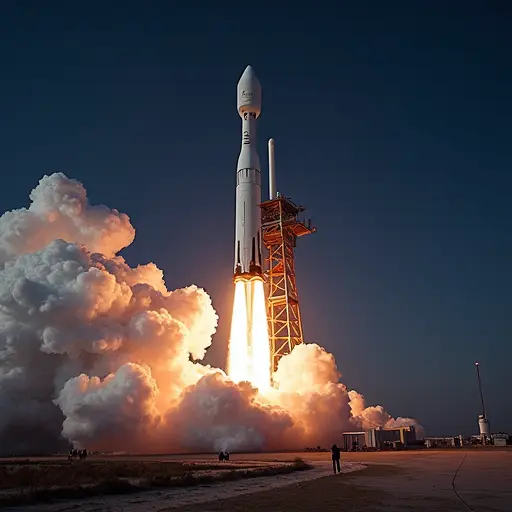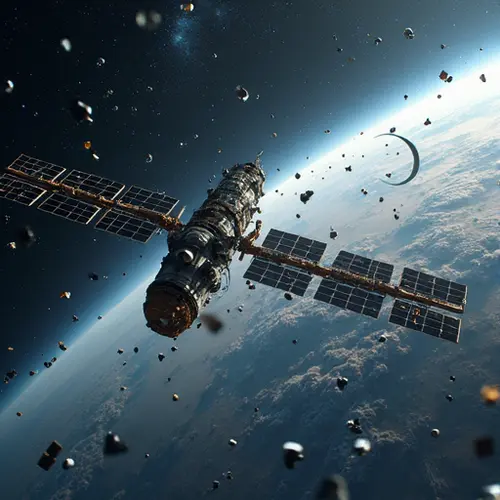The New Frontier of Warfare: Weaponized Satellites
As global tensions escalate, concerns are mounting over the increasing militarization of space, particularly the development and potential deployment of weaponized satellites. What was once the domain of science fiction is rapidly becoming a strategic reality for major world powers.
Historical Context and Current Developments
The concept of space weapons isn't new. During the Cold War, both the United States and Soviet Union developed anti-satellite (ASAT) capabilities. 'The early exploration of space in the mid-20th century had, in part, a military motivation,' according to historical records. Today, countries including China, India, Russia, and the United States have demonstrated ASAT capabilities by successfully destroying their own satellites in tests.
The Outer Space Treaty of 1967 forms the basis of international space law, but experts note significant gaps. 'The treaty does not expressly ban all military activities in space, nor the establishment of military space forces or the placement of conventional weapons in space,' explains space law analyst Dr. Maria Rodriguez.
Types of Space Weapons
Modern space weapons systems include various technologies designed to disable or destroy satellites. These range from ground-based missiles to co-orbital systems that approach and destroy targets in space. The Soviet Union's Istrebitel Sputnikov program demonstrated this capability as early as 1968.
More recently, electronic warfare capabilities have emerged as a significant threat. 'We're seeing sophisticated jamming and spoofing techniques that can disrupt satellite communications without creating physical debris,' notes cybersecurity expert James Chen.
The Debris Problem
One of the most pressing concerns with ASAT weapons is the creation of space debris. When satellites are destroyed, they generate thousands of fragments that remain in orbit for years, posing collision risks to other spacecraft. 'A cascading multiplication of space debris could cause Earth to suffer from Kessler syndrome,' warns orbital debris specialist Dr. Sarah Johnson, referring to the scenario where collisions create more debris, leading to a chain reaction.
Recent Incidents and Escalating Tensions
The landscape of space warfare changed dramatically in 2023 when Israel's Arrow 2 system successfully intercepted a ballistic missile outside Earth's atmosphere during a Yemeni missile strike. 'This marked the first recorded practical instance of space warfare during an active conflict,' according to military analysts.
In April 2024, the situation escalated further when Iran launched more than 120 ballistic missiles at Israel, representing the first large-scale incident involving space weapons. These developments have prompted renewed calls for international regulation.
International Response and Future Outlook
The establishment of dedicated space forces by multiple nations underscores the growing military importance of space. The United States Space Force, Russian Space Force, and India's Defence Space Agency all represent institutional recognition of space as a warfighting domain.
Despite the Outer Space Treaty's limitations, diplomatic efforts continue. 'We need updated international agreements that address the realities of 21st-century space capabilities,' argues UN diplomat Ambassador Lee Min-ho. 'The current legal framework was designed for a different era.'
As commercial space activities expand and more nations develop space capabilities, the risk of conflict in orbit increases. The dual-use nature of many space technologies—where civilian satellites can be repurposed for military use—complicates regulation efforts.
Strategic Implications
The weaponization of space represents a fundamental shift in military strategy. Satellites provide critical services including navigation, communication, surveillance, and early warning systems. Attacking these assets could cripple a nation's military and economic infrastructure.
'Space has become the ultimate high ground,' observes defense analyst General Mark Thompson (ret.). 'Control of space means control of information, and in modern warfare, information is everything.'
As nations continue to develop and test space weapons, the international community faces urgent questions about how to prevent an arms race in orbit while maintaining the peaceful use of space for all humanity.

 Nederlands
Nederlands
 English
English
 Deutsch
Deutsch
 Français
Français
 Español
Español
 Português
Português










